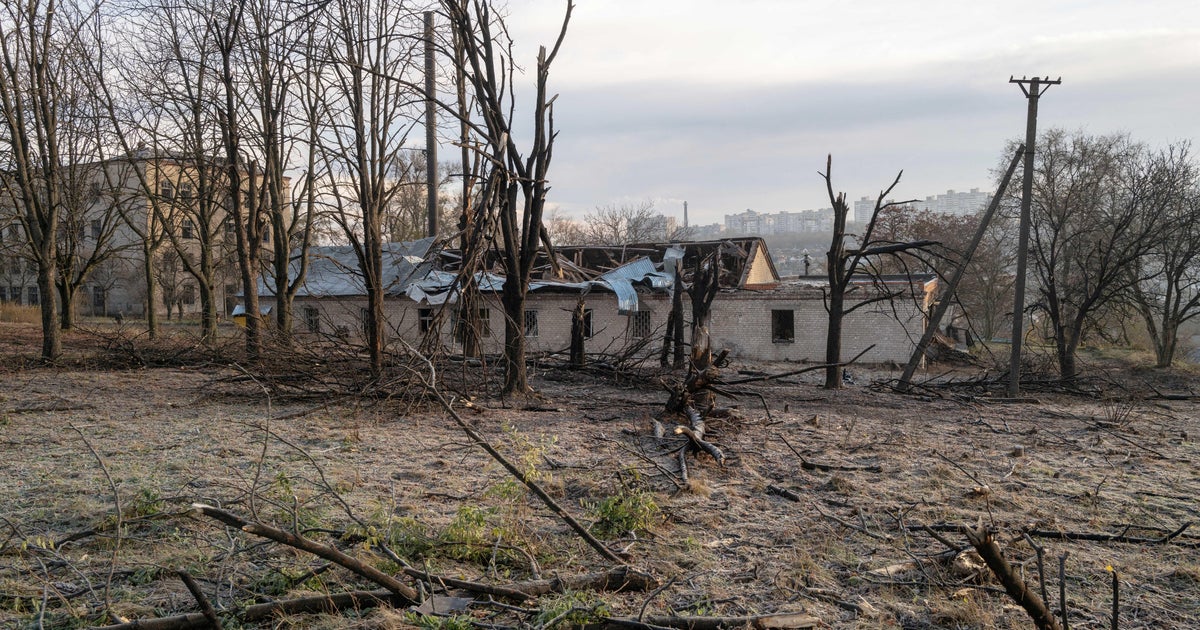Best of "Intelligence matters": Putin's Russia
In this episode of Intelligence Matters, and ahead of the summit between President Biden and Russian President Vladimir Putin in Geneva, host Michael Morell revisits three conversations focused on U.S.-Russia relations and Putin's personal trajectory. The episode features insights on U.S. foreign policy priorities vis a vis Moscow from Antony Blinken, now secretary of state; an analysis of Putin's mindset from Angela Stent, director of the Center for Eurasian, Russian and East European Studies at Georgetown University; and findings from writer Franklin Foer, who studied Russia's election interference tactics. Morell also offers personal reflections on the presidential summit and ongoing security threats from Russia.
Highlights:
- Antony Blinken on Biden's foreign policy approach (2020): "[A] President Biden would be in the business of confronting Mr. Putin for his aggressions, not embracing him. Not trashing NATO, but strengthening its deterrence, investing in new capabilities to deal with challenges in cyberspace, in outer space, under the sea, A.I., electronic warfare, and give robust security assistance to countries like Ukraine, Georgia, the Western Balkans. Impose real costs where we need to; coordinated sanctions, exposing corruption, being very clear and very specific with President Putin about what he risks, but also maybe what he might gain through trade, through investment, through a seat at the table."
- Angela Stent on Putin's mindset (2019): "Putin, like many leaders, has surrounded himself with people who come from a similar background. So he rules with those close to him, many of whom are from the security services. And so I think that has made a difference. Because I think if you'd had someone who did not come from an intelligence background, it's possible that their relationship with the West wouldn't be quite as bad as Russia's is today. And Putin, like many leaders, has surrounded himself with people who come from a similar background. So he rules with those close to him, many of whom are from the security services. And so I think that has made a difference. Because I think if you'd had someone who did not come from an intelligence background, it's possible that their relationship with the West wouldn't be quite as bad as Russia's is today."
- Franklin Foer on election interference (2020): "The Russians keep evolving their approach. And one of the things that they've tried to do is they've tried to enlist others to do their business for them. So, for instance, after the hateful riots in Charlottesville, there were attempts by the left to organize counter rallies. And so what the Russians have tried to do was try to set up Facebook pages where they kind of seeded ideas, brought people together and then had authentic Americans do the work for them. So on their anti-Unite the Right protest page, they set it up and suddenly the Russian page on Facebook became a magnet for American activists who were authentically interested in what the Russians were talking about. And fake Russians then began communicating with the Americans, who then went about organizing their rally. And so it creates a real complicated issue for the platform companies. I mean, just because the Russians instigate something, you do have authentic Americans using those pages as a way to express authentic opinions and organize rallies that are attended by authentic people. But we see the Russians kind of pushing and prodding and instigating."
Download, rate and subscribe here: iTunes, Spotify and Stitcher.



